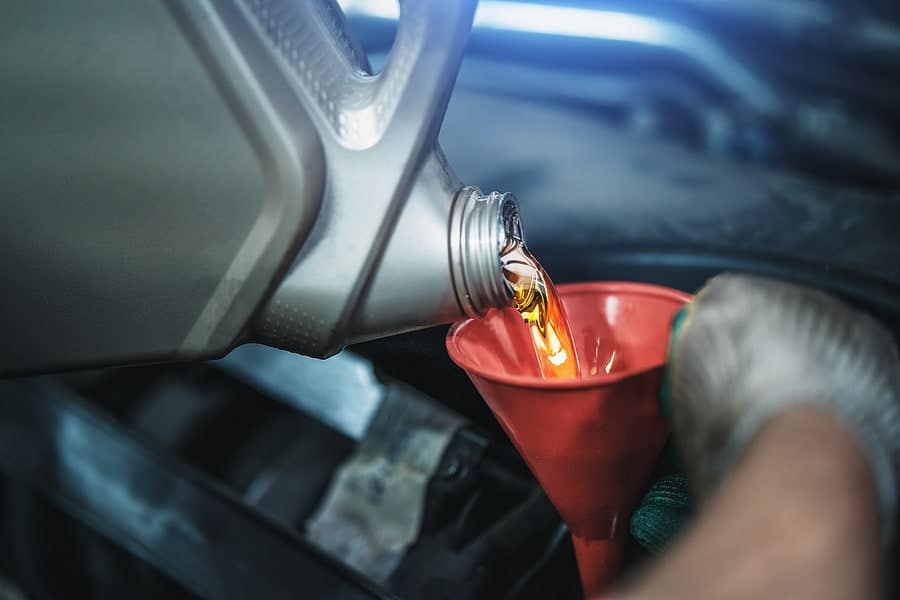
You know oil is essential for your car. It’s right up there with water and coolant. And getting your oil management wrong can be fatal to various parts of the engine. If you leave it too long, then you could be looking at all manner of problems from early fatigue to at worst, total engine failure. However, as with many things in life, if you’re relying on anecdotal information from friends and family, without mechanical experience, you could come a real cropper.
Fortunately, the team at BreakerLink has put our heads together, and come up with a quick breakdown (see what we did there) of what’s right, and what’s not so right, about some of the common oil myths you might hear doing the rounds.
Change oil every 3k miles
FALSE
You may have heard this is a good rule, but it’s not always true. Cars, conditions and oil quality can vary wildly. With good oil in a newer car, you could only need to change every 10K miles, and there’s not point paying for an oil change if you don’t need it. Check your handbook for more details.
Don’t need high quality oil (especially if your engine is running well)
FALSE
Your engine could be running well today, but it could encounter a problem tomorrow. Low quality oil often contains impurities, which may degrade and wear down engine components prematurely. High quality oil will prolong the life of your engine. It’s that simple.
New oil is best for long journeys
FALSE
If you’re thinking of retracing the steps of the Bubble Gum rally across the States, then take a look at the distance you’re going to travel and do the maths. You might be well within the recommended mileage before you need change, when you’ve come back. Of course, if an oil change is pending, go ahead. But use a little common sense and a calculator.
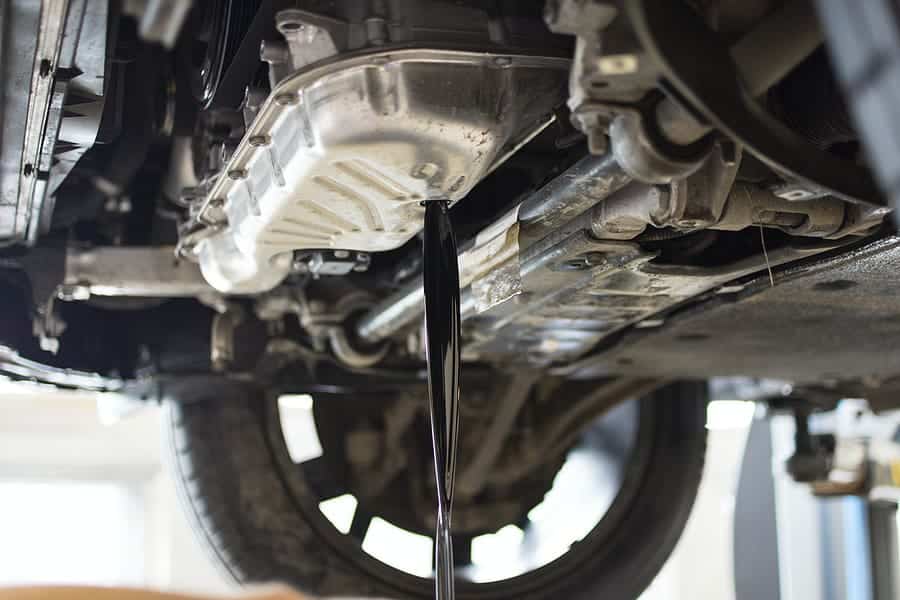
Darkened or black oil needs changing
FALSE
Yes, new oil has a honeyed amber colour that’s pleasing on the eye. Over time it’s going to darken, and this should not cause concern. Certain oils go dark the soon after they’re put in the engine. It’s the grit and grain you need to watch out for – any sign of this in the oil should make you change it ASAP.
Once you’ve gone synthetic – you’re stuck
FALSE
Synthetic oil is enjoying a bout of popularity, as it’s clean and resistant to high temperatures. What’s the problem? Synthetic oil has gone through more manufacturing processes, but changing between conventional oil and synthetic oil is not even a thing – because most synthetic oils contain a percentage of conventional oil.
Synthetic oils cause leaks
FALSE
You may have heard this way back when synthetic oils first became available way back in the 1970s. Back then, there was every chance they could cause additional wear and tear to the seals and gaskets in your cars engine. But we’re talking nearly 50 years ago (yes it has been that long) and new formulas actually offer increased protection, and are better than the older, conventional types at this task.
Remember, if you are finding leaks, then your first stop should be the seals in your engine, as there’s a pretty good chance they could be defective. If the seals aren’t the problem, then the issue probably lies with the oil sump.
The W on oil packaging refers to a weight metric
FALSE
We don’t know where this rumour started, but we believe it should end right here. There are crowds out there that might tell you this stands for a certain weight of car or bike, but in fact it stands for something else – winter. Special oil for the worst season of the year. After all the last thing you want is the car seizing up due to poor oil.
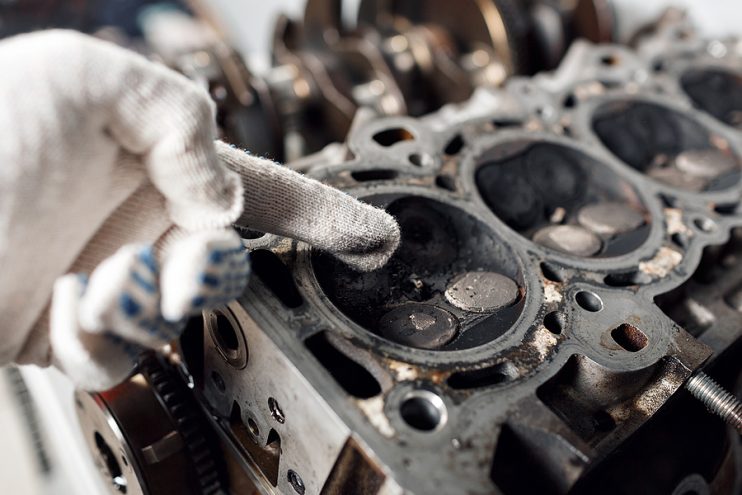
Oil causes engine sludge
FALSE
Actually, sludge is usually formed from a concoction of engine deposits, unburned fuel and leaking coolant. Get a high quality oil, and it actually cleans the engine of these contaminants and suspends them in the fluid. If you are seeing an accumulation of sludge, then this is normally down to poorer quality engine oil picking up contamination as it lubricates your engine.
Detergent oil is required to break in a new engine
TRUE
Not a myth. Modern manufacturers often suggest using detergent oil when going through the first run in period for a new engine, due to the advanced designs of the latest engines and the formulation of modern oils.
The thicker the engine oil – the better
FALSE
As you might expect thinner oils actually offer more viscosity whilst retaining lubrication and can better remove contaminants from within the engine. Thinner oil reduces friction between moving parts and is more efficient, as less energy is required to pump it through the engine parts.
Additives increase engine performance
FALSE
Oil is not like coffee for an engine. It can’t give you more horsepower or faster acceleration. Yes, there are additives that are designed to help oil perform in the punitive environments of racing engines, whilst others are composed to prolong the lifespan of older cars by preserving seals. Check the manufacturer’s information on any specialised oils to understand the function of its design.
And Finally
There are plenty of myths out there about how oil impacts the engine.
One truism that will never change is that oil is the lubrication that keeps your components free from wear and tear and ensures the smooth running of your engine. Don’t scrimp when it comes to oil – we’re always looking at way to save you money on repairs here at BreakerLink.
And one thing we believe as a company is in getting the maximum lifespan out of your parts. This is where oil comes into the picture – saving you money on repairs and keeping your car’s carbon footprint to a minimum.




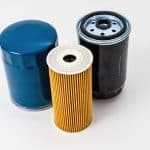
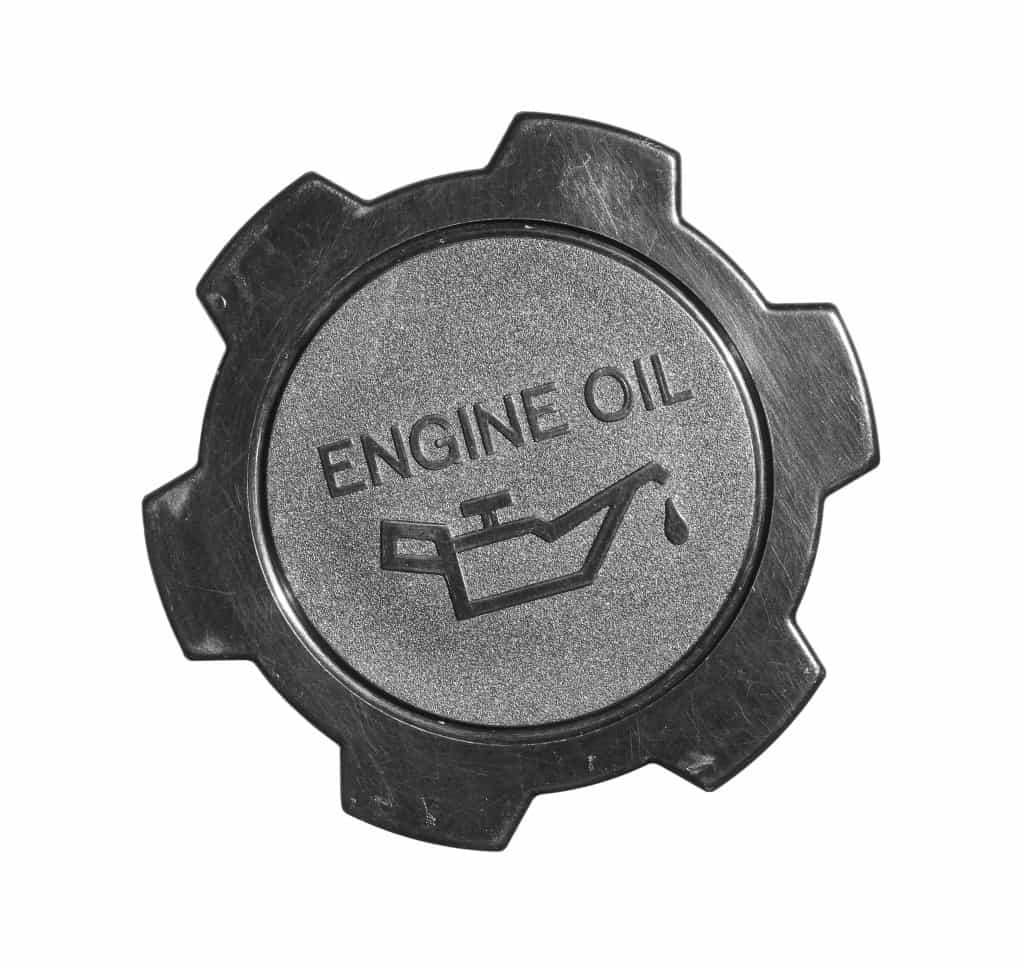

.png)